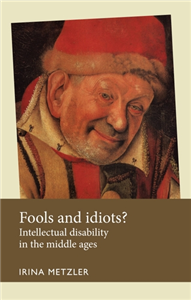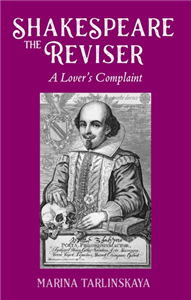Roman
Elena Poniatowskas Roman Tinissima hält das kurze leidenschaftliche Leben der Tina Modotti (1896-1942) fest, das von Liebe, Kunst und politischer Untergrundarbeit geprägt war. Als Kind italienischer Einwanderer kommt Tina 1913 nach San Francisco, wo sie als „exotische Schönheit“ in Theater und Stummfilm auftritt. Sie erlebt die Atmosphäre geistiger und sexueller Befreiung in den dortigen Künstlerkreisen, lernt Edward Weston kennen - einen der großen Fotografen dieses Jahrhunderts - und wird sein Modell und seine begeisterte Schülerin. Zwischen ihnen beginnt eine Liebesbeziehung, die sie in das pulsierende Mexiko der zwanziger Jahre führt, das sich euphorisch der Welt öffnet. Ihr Haus wird Treffpunkt mexikanischer und ausländischer Künstler, unter ihnen Diego Rivera, der sie auf einem seiner Wandgemälde darstellt.
Tina entwickelt sich zur Fotografin mit sozialem Impetus und ausgeprägtem Sinn für die Schönheit der Dinge. Zur gleichen Zeit engagiert sie sich, wie viele ihrer Künstlerfreunde, auf Seiten der revolutionären Linken. In diesen bewegten Jahren lebt Tina die Fülle ihrer künstlerischen und persönlichen Leidenschaften, sie erfährt bewundernde Anerkennung als Frau und steht im Austausch mit den interessantesten Gestalten im brodelnden Mexiko.
Da geschieht im Januar 1929 das Unfaßbare: Ihr Liebhaber, der Politemigrant Julio Antonio Mella, wird von Agenten des kubanischen Diktators Machado auf offener Straße erschossen. Tina wird verdächtigt, in einen „Mord aus Eifersucht“ verwickelt zu sein. Die Boulevardpresse zerrt ihre Liebesaffären ans Licht und druckt Westons Aktfotos von ihr. Sie wird des Landes verwiesen, ihr Leben nimmt eine entscheidende Wendung.
Von diesem traumatischen Einschnitt aus erzählt Elena Poniatowska Tina Modottis Leben. Die einfühlsame und spannende Romanbiographie geht Tinas Kindheit in Udine nach, folgt ihr nach der Ausweisung aus dem geliebten Mexiko ins Berlin der Vornazizeit, in die politische Untergrundarbeit an der Schaltstelle in Moskau und in den Spanischen Bürgerkrieg. Ihre letzten Jahre lebte Tina zurückgezogen und unter falschem Namen in Mexiko-Stadt, wo sie 1942 in einem Taxi stirbt.
Durch die Kraft ihrer Einfühlung verschmilzt Elena Poniatowska Nähe und Distanz zur schillernden Gestalt Tina Modottis so nahtlos miteinander, daß daraus die mitreißende und ganz unsentimentale Lebensgeschichte einer außergewöhnlichen Frau entsteht, das eindringliche Dokument eines widersprüchlichen Lebens.
Ganz von innen heraus, durch die Augen Tina Modottis, erleben wir die Atmosphäre dieser unruhigen Epoche, ihren chaotischen, sektiererischen, gewalttätigen, vergnügungssüchtigen, großzügigen Geist, wie er sich etwa in Diego Rivera verkörperte - und eben in Tina Modotti, die ihr Talent und ihre Energie einer Sache lieh, an die sie fest glaubte.


























